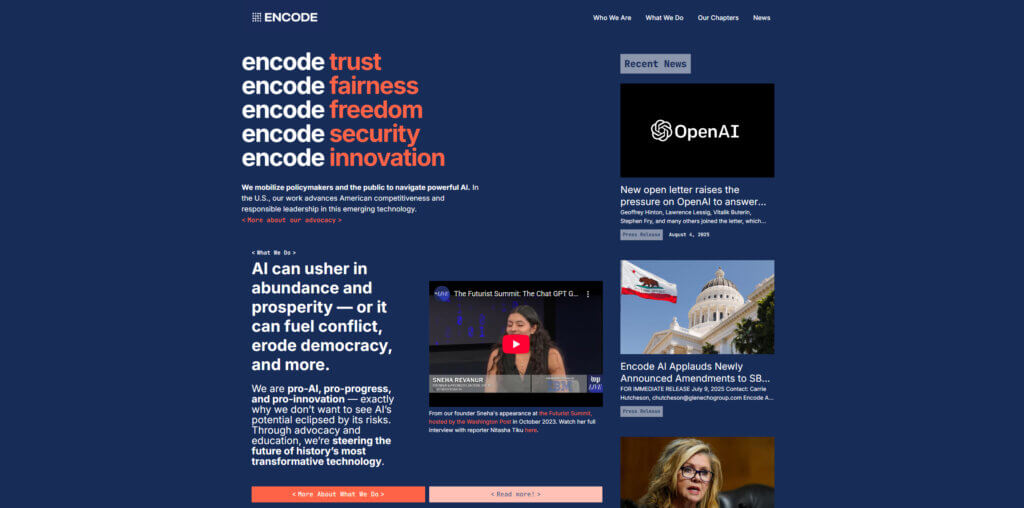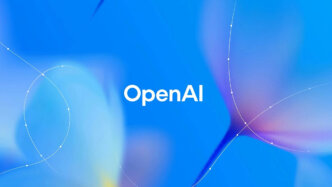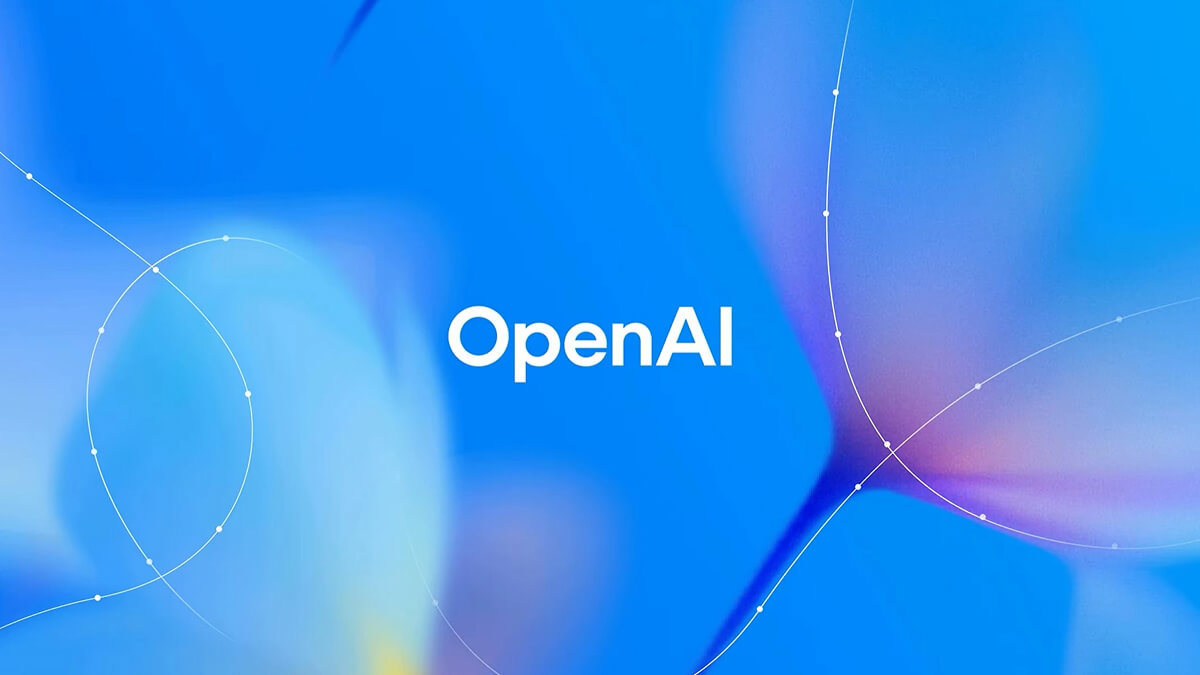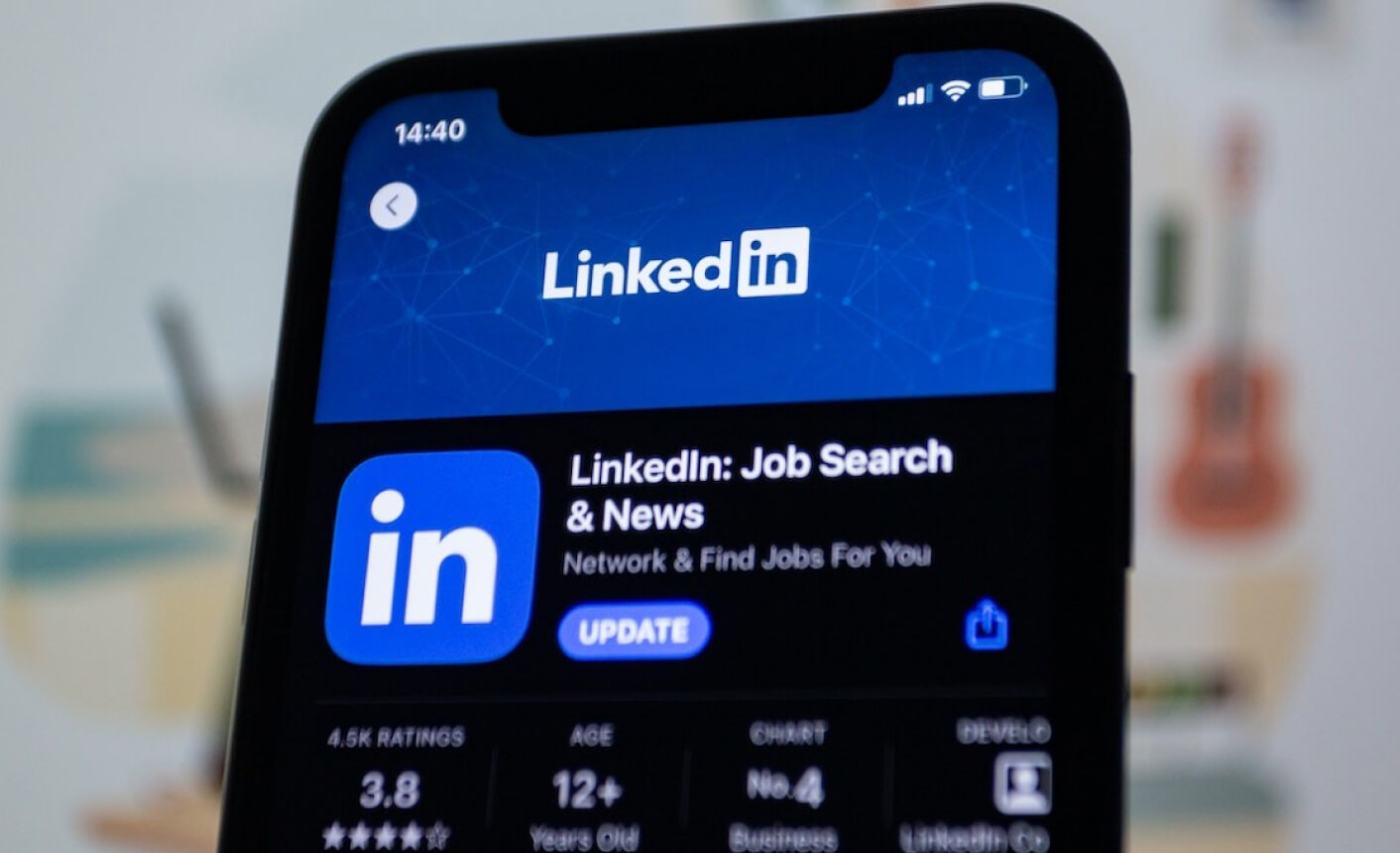Nathan Calvin, general counsel for a small AI policy nonprofit called Encode, alleges that OpenAI escalated its legal fight with Elon Musk by targeting critics—personally and organizationally—with subpoenas and even a law enforcement visit to his home.
Calvin says that in August, while having dinner with his wife, a sheriff’s deputy knocked on his door. The deputy delivered a subpoena from OpenAI, demanding that he turn over private texts and emails with California legislators, college students, and former OpenAI employees. Calvin claims many of the requested communications do not exist.

The subpoena was not limited to him personally. OpenAI also issued requests to Encode—for documents relating to funders, communications linked to Elon Musk, and alleged coordination with other organizations. Calvin says none of those connections to Musk exist.
Calvin asserts that OpenAI used its countersuit against Musk as a pretext, intending to intimidate or chill critics of its restructuring and regulation. He says OpenAI implied that all opponents were backed by Musk.
A federal magistrate judge, in the broader case between OpenAI and Musk, reportedly criticized OpenAI’s conduct during discovery.

Encode is a tiny nonprofit (three full-time staff) that has been active in AI governance debates in California, including legislative efforts like SB 53, which aims to regulate AI systems.
The conflict overlaps with OpenAI’s legal battle with Musk. Musk has challenged OpenAI’s restructuring (from non-profit to a mixed model), and Encode submitted an amicus brief supporting some of Musk’s positions.
OpenAI’s leadership has publicly defended the subpoenas as a means to uncover whether rival interests or funders (particularly Elon Musk or Meta) are influencing advocacy groups. The company contends it is seeking transparency in its own legal case.
However, the demands go far beyond what’s needed for that case and amount to legal pressure on policy opponents.
OpenAI’s Chief Strategy Officer Jason Kwon defended the subpoenas in public statements, saying they relate to understanding Encode’s involvement in Musk’s legal challenge. Meanwhile, some internal voices at OpenAI have expressed unease: Joshua Achiam, head of mission alignment, wrote on X that the company should not become “a frightening power.”
Other advocacy groups have reported receiving similar subpoenas—even when they were not parties to the Musk-OpenAI litigation. The Midas Project claims OpenAI asked for documents on all external communications and funders.
The episode raises complex questions about the use of litigation tools in high-stakes regulatory disputes. If OpenAI can compel critics to disclose private communications in an unrelated lawsuit, that sets a precedent for chilling advocacy or dissent.
At the same time, OpenAI argues it must guard against coordination by rival interests and maintain transparency in its own legal defense.
As of now, Calvin says he objected and did not comply with turning over private communications, and OpenAI has not publicly indicated whether it will enforce or narrow the request.







